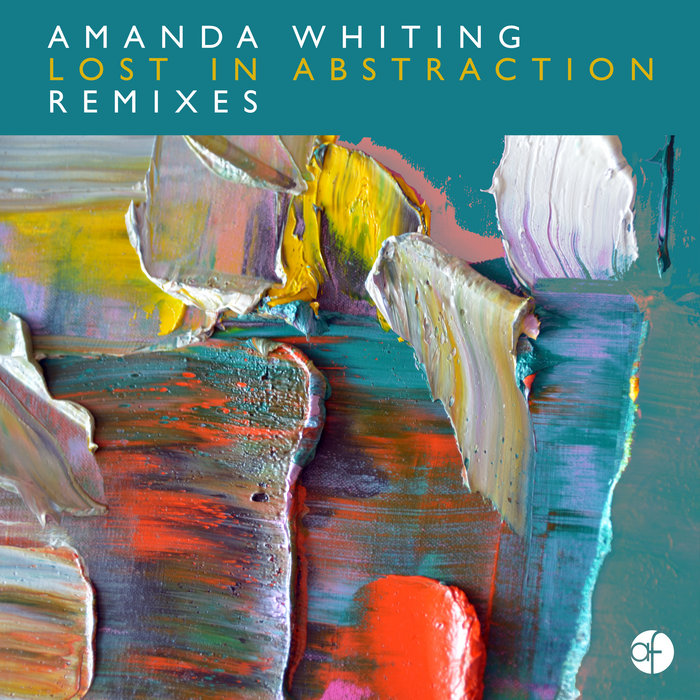
What Is It We Need? (ft Alice Russell) – Amanda Whiting
this blog is GROOVY – check out great Soul, Funk, Jazz, Hip Hop, Bass, Breaks , Reggae, House n many more TUNES
Hey there, music lovers! Today, we’re diving into the captivating world of cinematic music—the enchanting sounds that accompany our favorite movies and make us feel all the feels. Buckle up as we take a ride through time, exploring how this genre evolved and some funny anecdotes about the maestros behind those magical scores.
So, let’s rewind to the late 19th century when films were silent… yes, you heard it right—NO SOUND! Can you imagine? Just a guy flapping his arms around while people munched on popcorn in silence. Enter live musicians who set the scene with emotive piano tunes or orchestral numbers during screenings. These performers became unsung heroes; their improvisation helped fill in all those awkward pauses!
With flickering images dancing on screen and heartstrings tugging at every possible moment, filmmakers quickly realized they needed better soundscapes. Cue the rise of cinematic music! By the 1920s—and thanks to folks like Max Steiner— film scores began to develop into cohesive musical works tailored specifically for stories.
Funny Fact: Did you know that silent film comedies often had dramatic scores? A musician might play somber chords during a slapstick scene just because it was too hard to tell if anyone got hit by a pie!
As sound technology improved and “talkies” became all the rage, composers like Bernard Herrmann and Alfred Newman stepped onto center stage. With lush orchestras supporting epic tales—from swashbuckling pirates in Captain Blood to dreamy romances in Gone with the Wind—music became essential in conveying emotions onscreen.
The ’50s brought jazz into cinematic vibes thanks partly to legends like Duke Ellington, whose score for Paris Blues added a whole new layer of coolness (and sass!). This era ventured beyond classical arrangements; blending different styles made cinematics groovier than ever.
Funny Fact: Duke Ellington once said he could write songs so good they’d even work for bad movies! Imagine composing something so catchy that it almost overshadowed what was happening on screen!
Fast forward to today, where composers wield synthesizers alongside traditional instruments—mixing beats like mad scientists brewing sonic potions. Think Hans Zimmer’s driving electronic orchestrations from Inception, which can keep your heart racing even after leaving your seat.
These composers are not shy about dabbling across genres either—they flip between scoring action blockbusters one day (John Williams for Star Wars) and crafting indie gems another (Sofia Coppola’s use of Air’s mellow beats). Each brings unique flavor without losing grip on their roots—a testament to adaptability.
Funny Fact: John Williams reportedly composed some lines while stuck in traffic on his way home from work—a literal case of “traffic jam creativity.” Who says rush hour can’t be inspiring?
Let’s talk collaborations—the fuel powering many cinematic masterpieces! Composers team up with bands or solo artists. Remember when Trent Reznor from Nine Inch Nails teamed up with Atticus Ross for The Social Network? Mixing rock edge with haunting strings resulted in an Oscar-winning soundtrack!
Moreover, tech-savvy creators using software like Logic Pro or Ableton Live are making waves by producing exquisite soundscapes straight from their laptops—not bad for magic makers sitting at home pajamas instead of tuxedos!
Funny Fact: Trent Reznor has been known not only for his eerie compositions but also hunting down ghosts while researching spooky atmospheres…because why not add supernatural flair?
Today’s cinematic music embraces influences worldwide; global rhythms mix seamlessly into Hollywood hits as cultures collide beautifully through soundtracks—we’re talking Tarantino showcasing funk grooves one minute then hopping onto Ennio Morricone’s spaghetti western themes next!
And podcasts have jumped aboard too—with storytelling formats seeking original pieces reflecting moods just right—a golden age continues beyond cinema alone…
Cinematic music isn’t merely background noise anymore—it shapes narratives defining characters’ journeys vividly without uttering words sometimes altogether…how cool is THAT?!
So there you have it—a groovy exploration celebrating how far cinematic music has come over decades filled not only with emotional highs but plenty hilariously quirky moments featuring notorious creatives reshaping how we listen indoors compared outdoors amidst movie magic unfolding before our eyes…and ears!! Now go throw on your favorite soundtrack while whipping up some popcorn—you deserve it! 🍿✨

What Is It We Need? (ft Alice Russell) – Amanda Whiting

Facing The Sun – Amanda Whiting

Incredible Lightness – Amanda Whiting